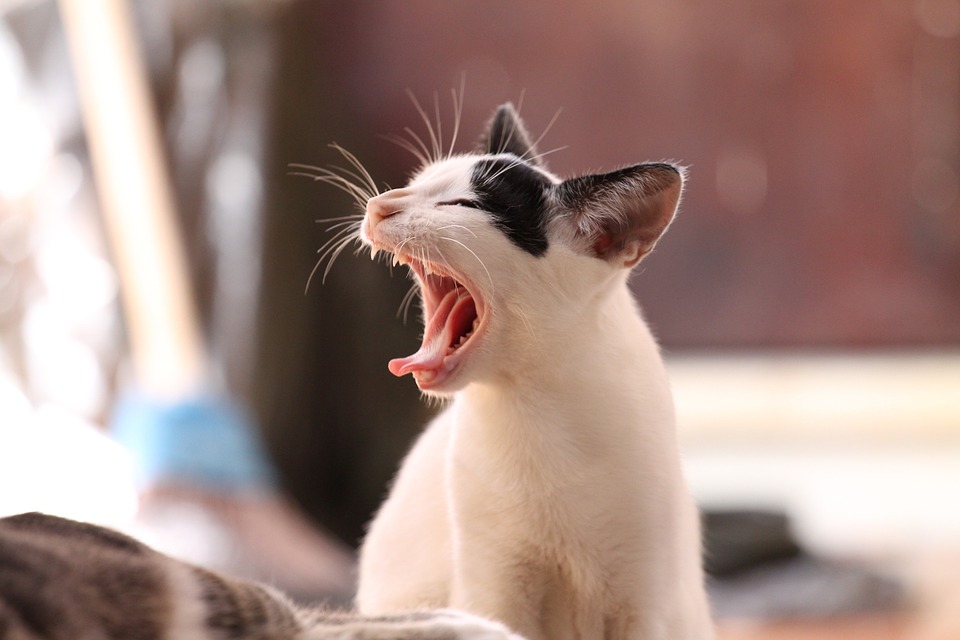In conclusion, aggression in cats can be influenced by a variety of psychological and biological factors. Stress, fear, territoriality, and redirected aggression are all psychological factors that can contribute to aggressive behavior. Understanding and managing these factors can help prevent and resolve aggression in cats. Additionally, certain cat breeds may be more prone to aggression, and underlying health issues can also cause aggressive behavior. By recognizing the body language of cats, addressing environmental factors, and promoting socialization, cat owners can help reduce aggression in their feline companions. It is important to remember that aggression in cats is not always a sign of a behavioral problem and can often be managed or cured with the right approach. Punishment should be avoided, and instead, positive reinforcement techniques should be used. While there are no specific medications for cat aggression, consulting with a veterinarian can help determine if any underlying health issues need to be addressed. Lastly, knowing how to safely break up a cat fight is important to ensure the safety of both cats and humans. With a better understanding of the roots of aggression, cat owners can provide a safe and nurturing environment for their beloved pets.









